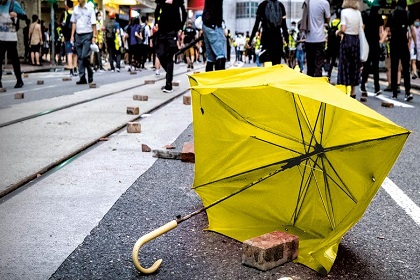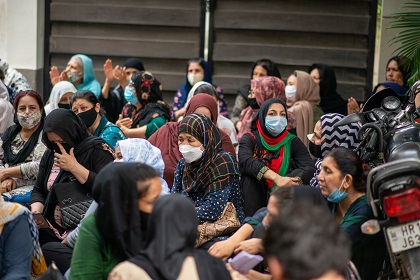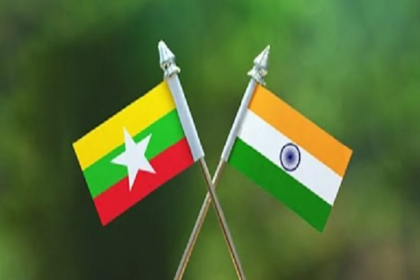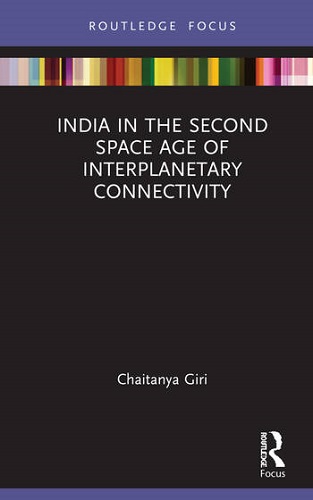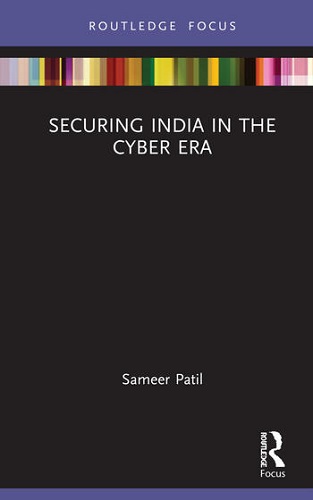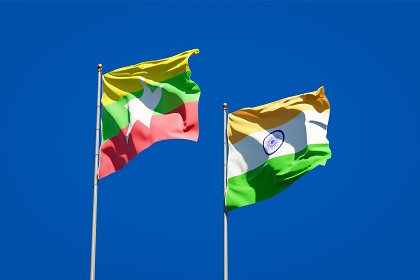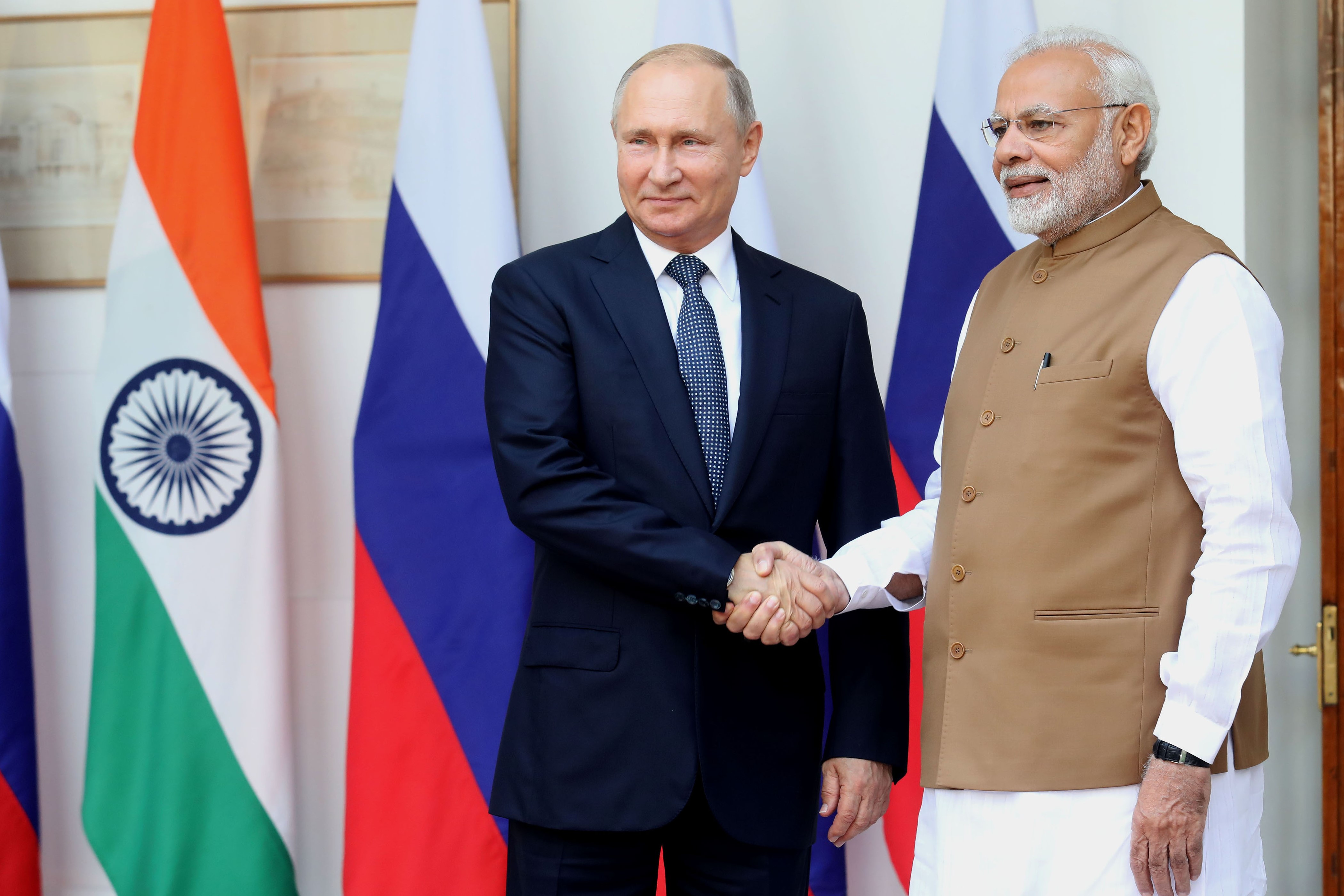Today Hong Kong, Tomorrow the World
The contemporary fate of Hong Kong, which has known freedom and rule of law, offers in microcosm a glimpse of what could happen if the liberal world order is up-ended. In this book, Mark Clifford convincingly argues that what happens in Hong Kong doesn’t stay in Hong Kong, as he draws connections between the techniques used to end freedom there with China’s penetration and manipulation of open societies elsewhere.

